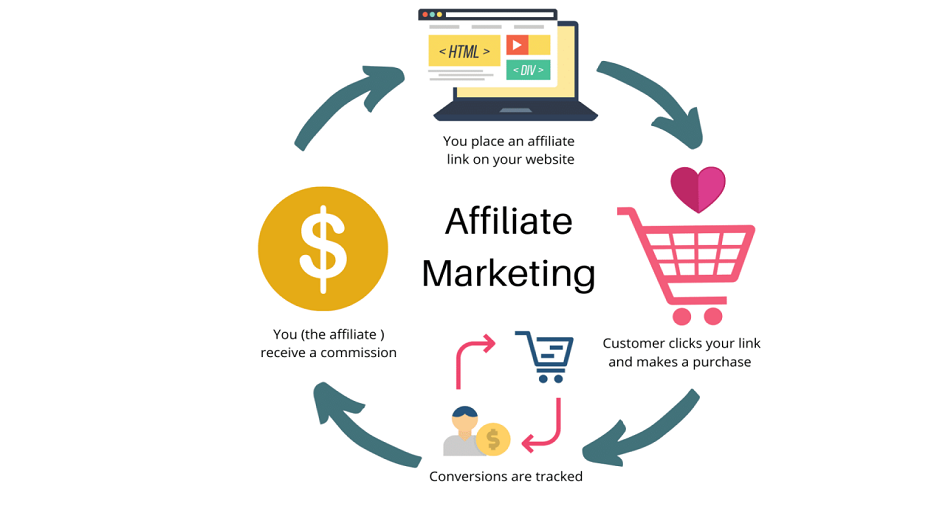
Building a successful affiliate marketing website requires a strategic approach, meticulous planning, and a deep understanding of your target audience. This article will explore the key steps and considerations to help you create a thriving affiliate marketing platform that generates revenue and provides value to your visitors.
The foundation of any successful affiliate marketing website is selecting the right niche. Your niche should align with your interests, expertise, and market demand. Research potential niches to identify their profitability, competition level, and audience size. The ideal niche strikes a balance between being specific enough to attract a dedicated audience and broad enough to offer a variety of affiliate products or services.
Once you’ve chosen your niche, research and identify suitable affiliate programs that align with your chosen niche. Look for programs that offer quality products or services, competitive commissions, and reliable tracking and payment systems. Affiliate networks like Amazon Associates, ShareASale, and ClickBank are popular options for finding a wide range of affiliate programs.
Your website is the online storefront for your affiliate advertising business. It should be user-friendly, visually appealing, and easy to navigate. Choose a responsive website design that adapts to different devices, ensuring a seamless user experience for both desktop and mobile visitors. Additionally, optimize your website’s loading speed, as slow-loading pages can deter users and harm your search engine rankings.
Content is the lifeblood of your affiliate advertising website. Create high-quality, informative, and engaging content that addresses the needs and interests of your target audience. Your content should be valuable and provide solutions or insights related to your niche. Incorporate relevant keywords to improve search engine visibility and attract organic traffic.
Search engine optimization (SEO) is crucial for driving organic traffic to your website. Conduct keyword research to identify relevant keywords and phrases that potential visitors may use to find your content. Optimize your content, meta tags, and website structure to rank higher in search engine results pages (SERPs). Regularly update your content and monitor your website’s SEO performance.
When promoting affiliate products or services, focus on relevance and value. Avoid overwhelming your audience with excessive affiliate links or banners. Instead, integrate affiliate promotions seamlessly into your content. Write persuasive product reviews, create comparison guides, and offer tutorials or recommendations that demonstrate the benefits of the affiliate products. Your audience should trust your recommendations.
Email marketing is a powerful tool for affiliate marketers. Build an email list by offering valuable incentives, such as e-books, newsletters, or discounts, in exchange for visitors’ email addresses. Use email marketing campaigns to nurture leads, promote affiliate products, and engage with your audience. Personalize your email content and track performance to optimize your campaigns.
Regularly analyze the performance of your affiliate advertising efforts. Use analytics tools to track website traffic, conversion rates, click-through rates, and affiliate earnings. Identify which affiliate products or strategies are generating the best results and adjust your approach accordingly. Data-driven decisions are key to optimizing your affiliate advertising website’s performance.
Building trust with your audience is essential for long-term success. Be transparent about your affiliate relationships and disclose when you earn commissions from product recommendations. Provide honest and unbiased reviews, and only promote products or services you genuinely believe in. Engage with your audience through comments, social media, and email to foster relationships and credibility.
The affiliate advertising landscape is dynamic, with industry trends and consumer behavior constantly evolving. Stay updated on industry news, algorithm changes, and emerging technologies. Adapt your strategies and content to remain relevant and competitive in your niche.
In conclusion, building a successful affiliate marketing website requires careful planning, dedication, and a commitment to providing value to your audience. By choosing the right niche, creating quality content, optimizing for SEO, and strategically promoting affiliate products, you can create a platform that not only generates income but also serves as a valuable resource in your chosen niche. Remember that success may not happen overnight, but with persistence and continuous improvement, your affiliate advertising website can thrive in the competitive online landscape.